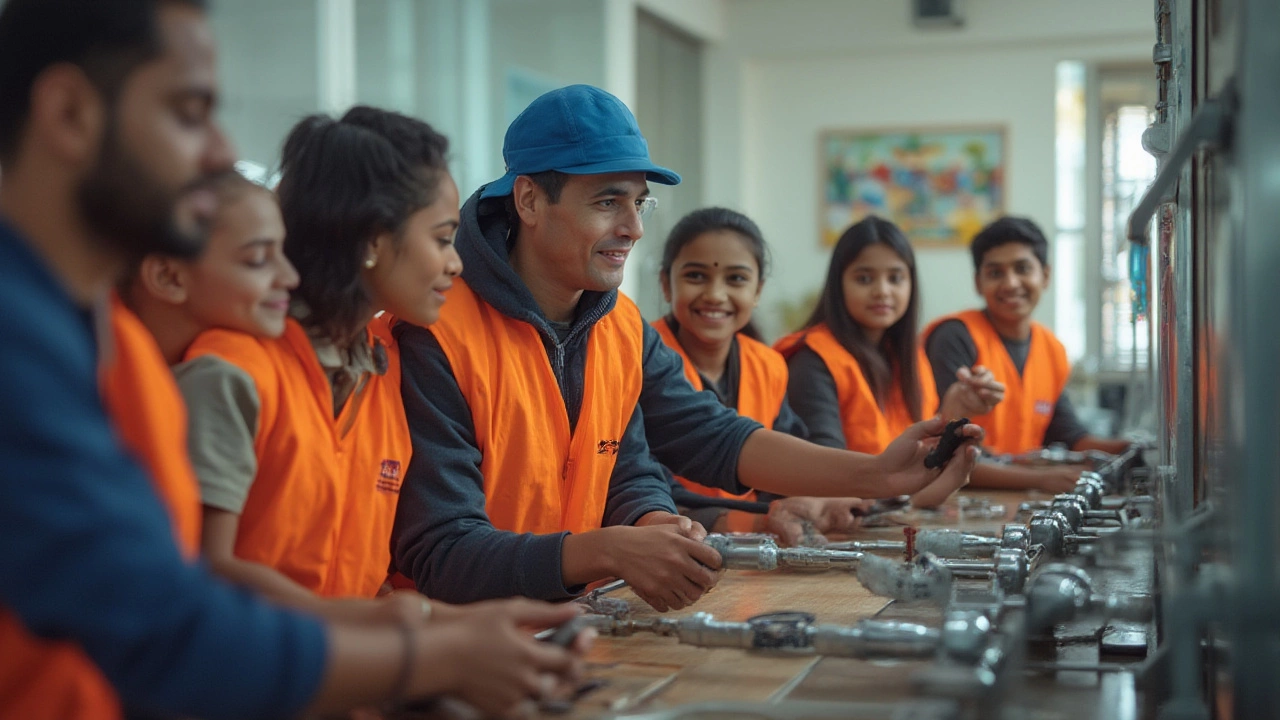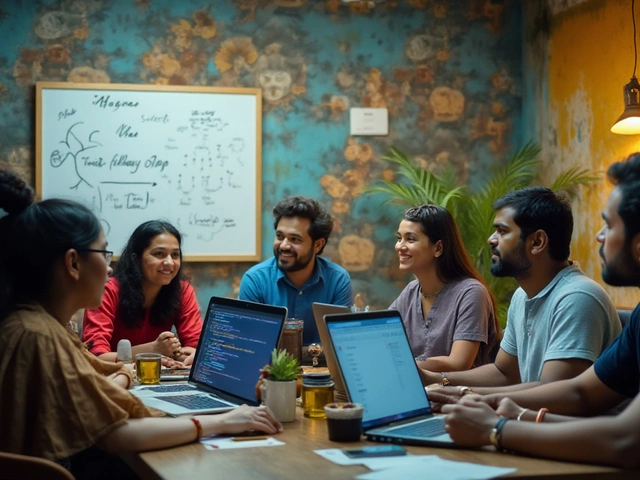Vocational Plumbing Training – Real Skills for Real Jobs
If you’re looking for a job that pays well and never runs out of work, plumbing is a solid choice. You don’t need a four‑year degree – just the right hands‑on training and a certification. In this guide we’ll show you what to expect, how to start, and why the plumbing trade is still in demand across India.
Why Choose Plumbing?
Plumbers are essential for homes, offices, and factories. Every new building needs pipes, and every old building needs repairs. That means steady work and the ability to set your own rates if you go freelance. According to recent surveys, entry‑level plumbers earn between ₹2.5 lakhs and ₹4 lakhs per year, and experienced specialists can pull in well over ₹8 lakhs.
How to Start Your Training
First, find a reputable vocational institute that offers a certified plumbing program. Look for courses that combine classroom theory with at‑least 200 hours of lab work. Most programs last 6‑12 months and cover pipe fitting, water supply, drainage systems, and basic safety rules. After you finish, you’ll take a state‑approved exam to earn your journeyman certificate.
While you study, try to get an apprenticeship with a local contractor. Real‑world experience lets you practice what you learn, and many employers prefer candidates who have already logged a few weeks on the job. An apprenticeship also helps you build a network of mentors and future clients.
Tools are a big part of the trade. Start with a basic set – pipe wrench, pipe cutter, and a good quality plumber’s tape. Your institute will usually provide the essential gear for lab sessions, but owning your own set makes it easier to practice at home.
When you’ve earned your certification, think about where you want to work. You can join a plumbing company, get hired by a construction firm, or start your own service. If you go solo, invest in a simple website or a local business listing so customers can find you quickly.
Continuing education matters too. New regulations, water‑saving technologies, and solar‑thermal systems are changing the industry. Many institutes offer short “upskill” courses that keep you current and let you charge higher rates for specialized work.
Finally, remember that good communication builds trust. Explain the problem to your client in plain language, give a clear estimate, and always clean up after the job. Satisfied customers become repeat clients and refer you to others – the best marketing a plumber can have.
With the right vocational plumbing training, you can step into a career that offers stability, decent pay, and the chance to work independently. Start researching local institutes today, sign up for a course, and get ready to pipe your way to success.

Looking for the best plumbing course? Get practical tips, compare top options, and learn which training fits your career goals, from apprenticeships to certifications.
Continue Reading





